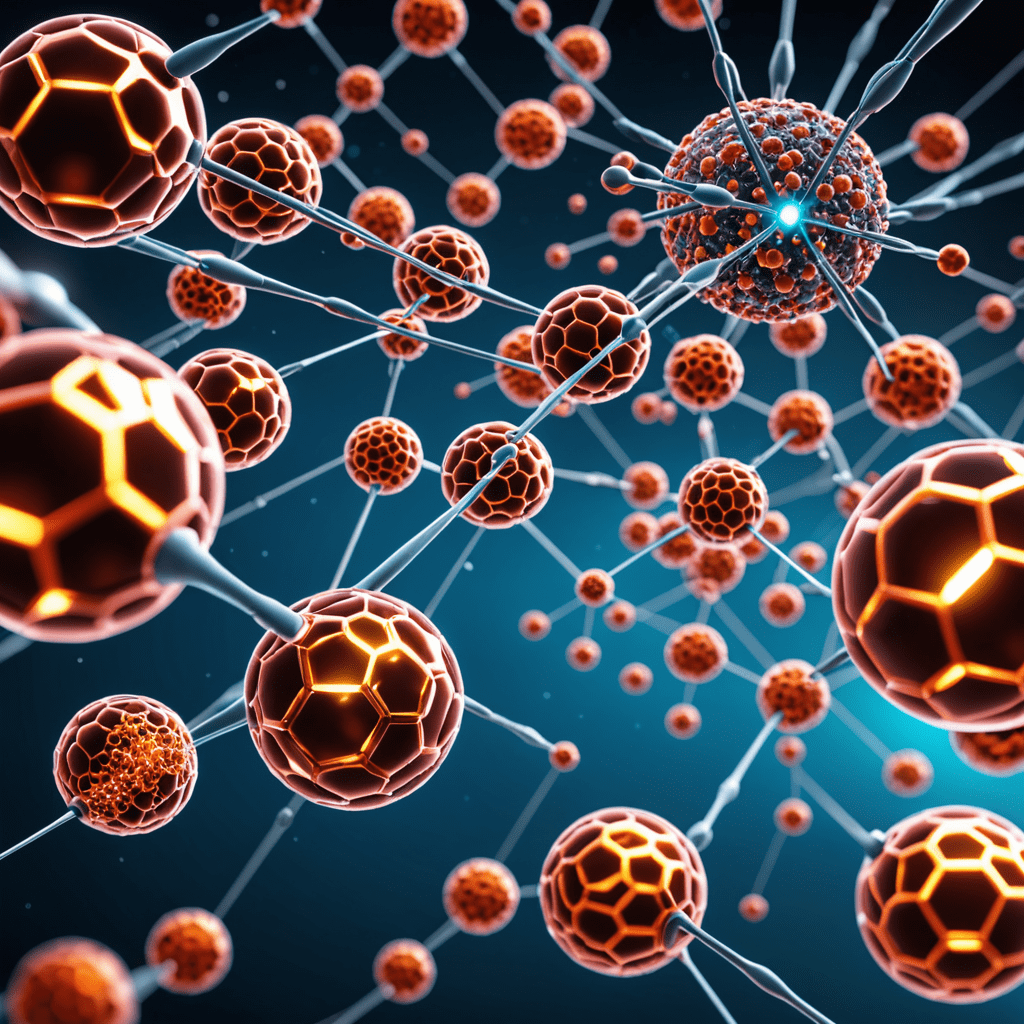
Nanotechnology in Water Filtration: Clean Drinking Water Solutions
The Power of Nanotechnology in Providing Clean Water
Nanotechnology has revolutionized the way we approach water filtration, offering innovative solutions to ensure access to clean drinking water. By leveraging nanoscale materials and processes, this technology enhances the efficiency and effectiveness of water treatment.
Understanding Nanotechnology in Water Filtration
Nanotechnology involves manipulating materials at the nanoscale, where particles are measured in nanometers. In water filtration, these tiny particles can effectively remove contaminants such as bacteria, viruses, and heavy metals from water, making it safe for consumption.
Nanomaterials in Water Filtration Systems
Nanomaterials like carbon nanotubes, graphene oxide, and nano silver particles are commonly used in water filtration systems. These materials have high surface areas and unique properties that allow for improved adsorption and filtration of pollutants from water.
Benefits of Nanotechnology in Water Filtration
One of the key benefits of using nanotechnology in water filtration is its efficiency in removing contaminants. Nanoscale materials offer higher removal rates and require less energy compared to traditional filtration methods. Additionally, nanotechnology enables the development of portable and cost-effective water treatment systems.
Challenges and Future Applications
Despite its advantages, nanotechnology in water filtration faces challenges such as potential health and environmental risks associated with nanomaterials. Research is ongoing to address these concerns and enhance the sustainability of nanotechnology-based water treatment solutions. In the future, nanotechnology holds promise for addressing water scarcity issues and providing access to clean water in remote areas.
Regulatory Considerations and Safety
As nanotechnology continues to play a significant role in improving water quality, it is essential to consider regulatory frameworks and safety measures. Government agencies and organizations work to establish guidelines for the safe use of nanomaterials in water treatment to protect public health and the environment.
Conclusion
In conclusion, nanotechnology offers innovative solutions for water filtration, ensuring access to clean drinking water for communities worldwide. By harnessing the power of nanoscale materials, researchers and engineers continue to develop advanced water treatment systems that are efficient, cost-effective, and sustainable. Embracing nanotechnology in water filtration is crucial for improving global water quality and public health.
FAQs about Nanotechnology in Water Filtration
What is nanotechnology in water filtration?
Nanotechnology in water filtration involves using materials at the nanoscale to remove contaminants from water, providing cleaner drinking water solutions.
How does nanotechnology in water filtration work?
Nanotechnology filtration systems use nanomaterials like carbon nanotubes or nanoparticles to trap and remove impurities, bacteria, and pollutants from water, ensuring safe drinking water.
What are the benefits of using nanotechnology in water filtration?
Nanotechnology offers enhanced filtration capabilities, increased efficiency in removing harmful pollutants, smaller system sizes, and the potential for cost-effective and sustainable clean drinking water solutions.
Are nanotechnology water filters safe for use?
Nanotechnology filters are designed to effectively purify water, but it is crucial to ensure that these materials are used properly to prevent any potential health risks. Regular maintenance and monitoring are essential to guarantee safe drinking water.


